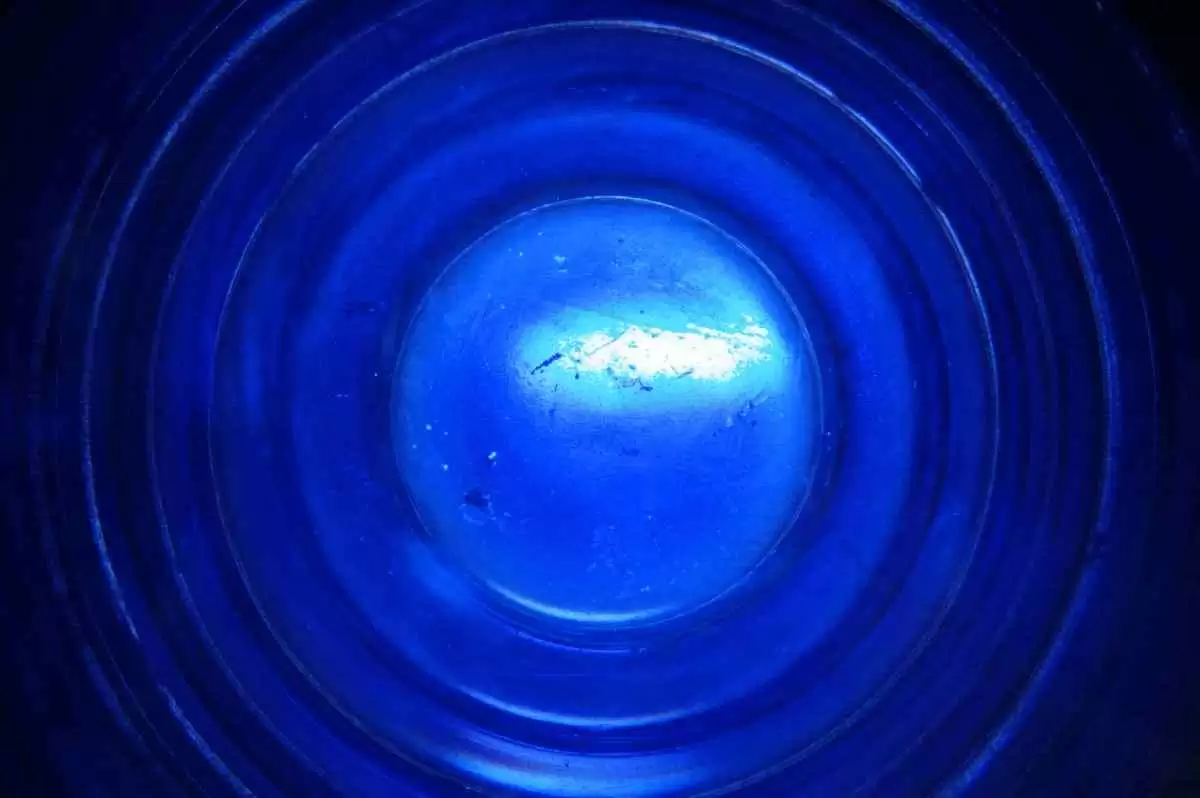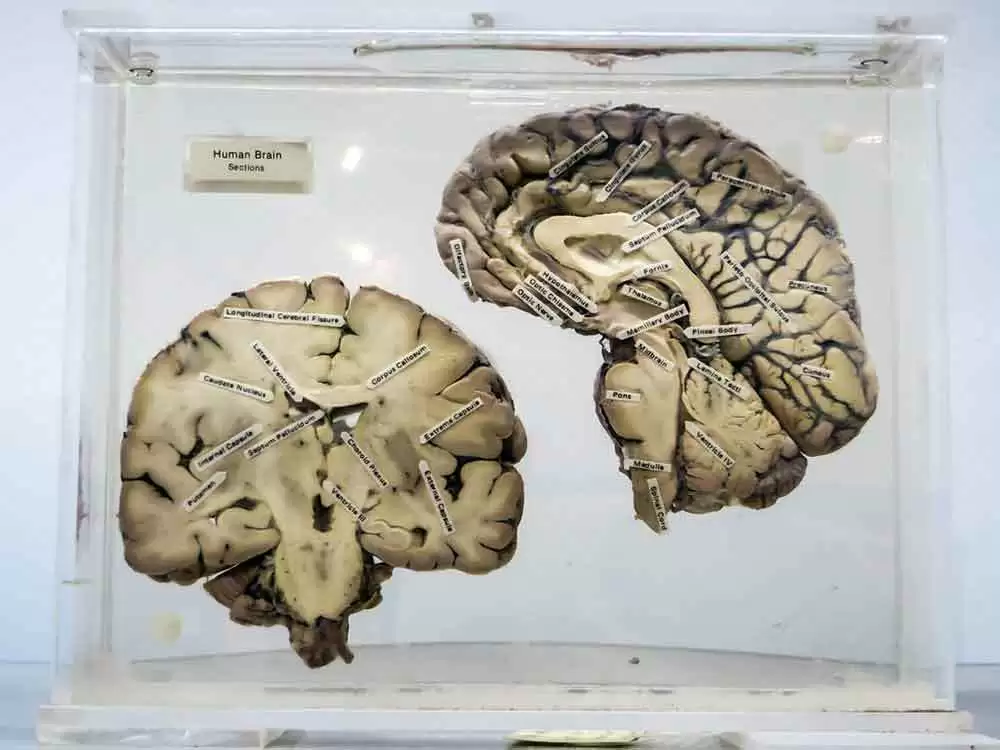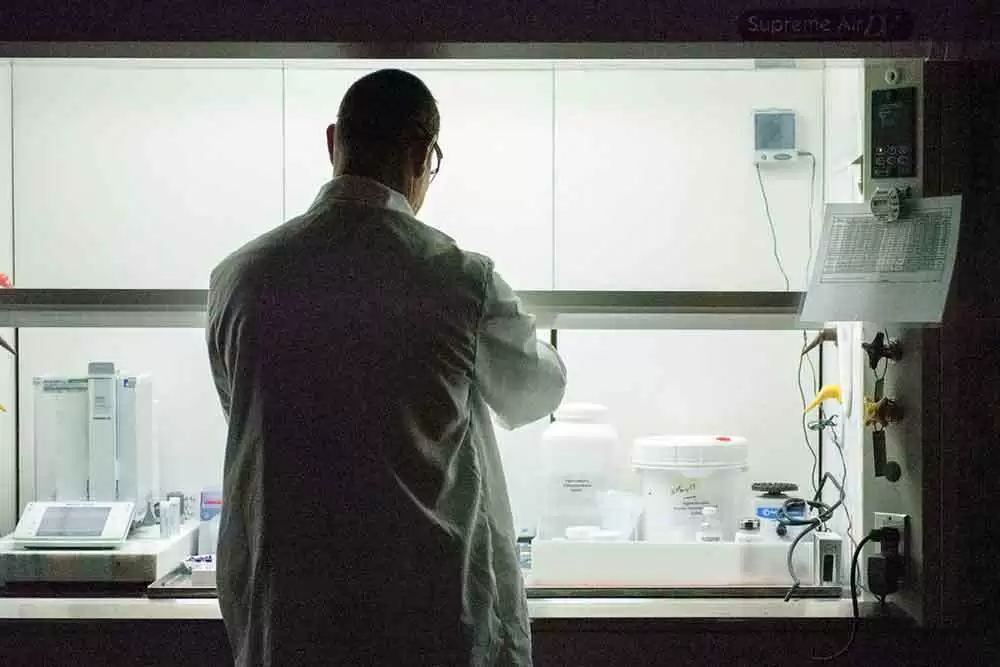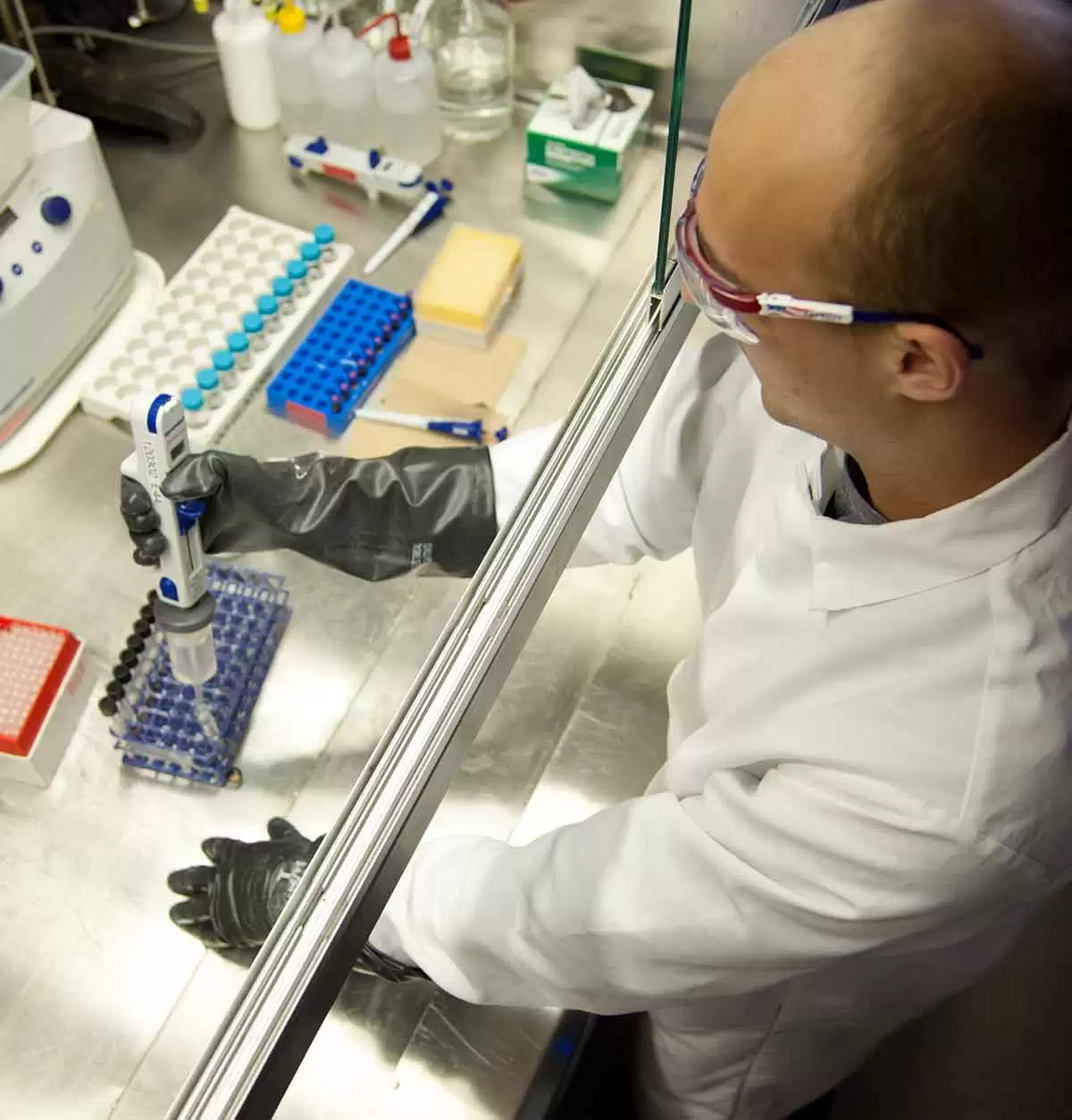
Celiac.com 01/06/2022 - Knowing which auto antigens are at play in any given autoimmune condition is a critical challenge for the understanding and diagnosis of autoimmune diseases. There are currently five known autoantigens in the nine-member transglutaminase protein family.
Because transglutaminases commonly play a role in autoimmunity, a team of researchers recently set out to explore whether the remaining members might also act as autoantigens, but in presently unexplained disorders.
Celiac.com Sponsor (A12):
The research team included Nils Landegren, Norito Ishii, Maribel Aranda-Guillén, Hörður Ingi Gunnarsson, Fabian Sardh, Åsa Hallgren, Mona Ståhle, Eva Hagforsen, Maria Bradley, Per-Henrik D. Edqvist, Fredrik Pontén, Outi Mäkitie, Liv Eidsmo, Lars Norlén, Adnane Achour, Ingrid Dahlbom, Ilma Korponay-Szabó, Daniel Agardh, Mohammad Alimohammadi, Daniel Eriksson, Takashi Hashimoto, and Olle Kämpe.
To get answers, the team first looked at TGM1, a member of a protein family prone to autoimmune attack. Because TGM1 is mainly expressed in squamous epithelia, they first focused on skin disorders. By screening a broad range of acquired skin disorders, the team found that TGM1 acts as a major autoantigen in the severe blistering disease paraneoplastic pemphigus.
The results of their study shows that a gene-centric approach to biomarker discovery, which begins with a putative autoantigen and searches for its corresponding disease, may prove useful for studying autoimmunity.
Study in additional subjects showed that TGM1 autoantibodies were 55% sensitive and 100% specific indicators for paraneoplastic pemphigus.
The team's gene-centric approach harnesses the information available for human genes, and may improve the process of identifying biomarkers in other autoimmune diseases.
Read more in PNAS
The researchers are variously affiliated with the Department of Medical Biochemistry and Microbiology, Uppsala University, Uppsala, Sweden; Center for Molecular Medicine, Department of Medicine (Solna), Karolinska Institutet, Stockholm, Sweden; the Department of Dermatology, Kurume University School of Medicine, Kurume, Japan; the Dermatology Unit, Department of Medicine Solna, Karolinska Institutet and Karolinska University Hospital, Stockholm, Sweden; the Department of Medical Sciences, Uppsala University, Sweden; the Department of Immunology, Genetics and Pathology, Uppsala University, Uppsala, Sweden; the Children's Hospital, University of Helsinki and Helsinki University Hospital, Helsinki, Finland; the Department of Molecular Medicine and Surgery, Karolinska Institutet, Stockholm, Sweden; the Department of Clinical Genetics, Karolinska University Hospital, Stockholm, Sweden; the Folkhälsan Institute of Genetics, Helsinki, Finland; the Division of Rheumatology, Department of Medicine Solna, Karolinska Institutet and Karolinska University Hospital, Stockholm, Sweden; the Department of Cell and Molecular Biology, Karolinska Institute, Solna, Sweden; the Dermatology Clinic, Karolinska University Hospital, Solna, Sweden; the Science for Life Laboratory, Department of Medicine (Solna), Karolinska Institutet, Stockholm, Sweden; the Division of Infectious Diseases, Karolinska University Hospital, Stockholm, Sweden; the Department of Women's Health, Uppsala University, Uppsala, Sweden; the Department of Children's Health, Uppsala University, Uppsala, Sweden; the Heim Pál National Paediatric Institute, Coeliac Disease Centre, Budapest, Hungary; the Department of Paediatrics, University of Debrecen Medical Faculty, Debrecen, Hungary; the Diabetes and Celiac Disease Unit, Department of Clinical Sciences, Lund University, Lund, Sweden; the Department of Endocrinology, Metabolism and Diabetes, Karolinska University Hospital, Stockholm, Sweden; the Department of Dermatology, Osaka City University Graduate School of Medicine, Osaka Japan; and the K.G. Jebsen Center for Autoimmune Disorders, Department of Clinical Science, University of Bergen, Bergen, Norway. The report was edited by Jean-Laurent Casanova, St. Giles Laboratory of Human Genetics of Infectious Diseases, The Rockefeller University, New York, NY.









Recommended Comments
There are no comments to display.
Create an account or sign in to comment
You need to be a member in order to leave a comment
Create an account
Sign up for a new account in our community. It's easy!
Register a new accountSign in
Already have an account? Sign in here.
Sign In Now